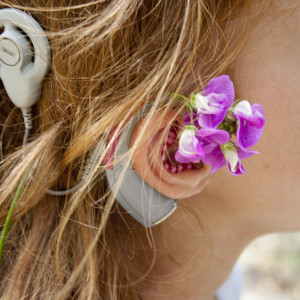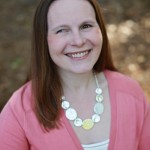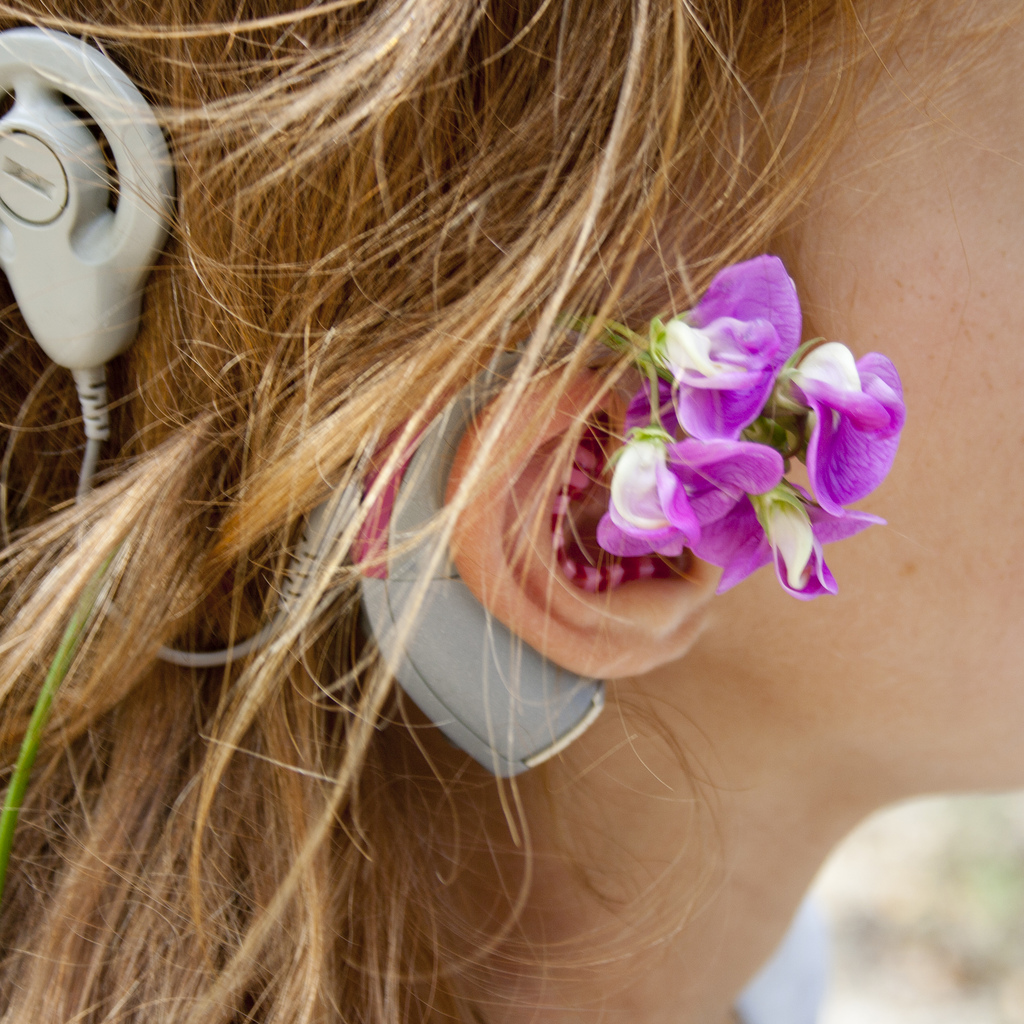>> I was at the park with my kids a few days ago, when a little boy came up to me and pointed at my eye. “Your eye is different,” he said. I told him that, yes, I was born that way. He pointed to his ears and said, “I have cochlear implants.” He got it. We are both different. And, as I watched him race across the monkey bars (besting many of the other kids), I couldn’t help but feel a sense of kinship with him.
I was at the park with my kids a few days ago, when a little boy came up to me and pointed at my eye. “Your eye is different,” he said. I told him that, yes, I was born that way. He pointed to his ears and said, “I have cochlear implants.” He got it. We are both different. And, as I watched him race across the monkey bars (besting many of the other kids), I couldn’t help but feel a sense of kinship with him.
Growing up different is hard. I can’t remember the first time I realized that I looked different from everyone else – my right eye is small and the muscles are weak, so it tends to be “lazy.”
But knowing that I was different definitely shaped who I am today and impacted my childhood. Inside, I thought I was smart and cool and maybe even pretty. But every time I looked in the mirror, I knew I wasn’t like everyone else – and those confident feelings disappeared. No matter how much I tried to convince the rest of the world that I was just like them, I could never convince myself.
My parents never talked about me looking different or treated me differently. Except for doctors’ appointments, eye patches, medication, and surgeries, we didn’t really talk about it at all. I participated in activities and school just like every other kid I knew. Although gymnastics is not the sport one with reduced vision and no depth perception should probably choose, it was my passion and I was committed to it.
And my childhood was mercifully free of teasing about my eye. Somehow I got teased plenty about being short, but I don’t ever remember being teased about my eye.
Of course, my friends and classmates – even strangers – were curious. They often stared. Some asked what was wrong with me. I was trained to say that I was just born that way. But now that my kids are starting to get the same questions from their friends, I want a better answer, and I want to use the opportunity to teach.
I want my kids to understand that friends come in all shapes, sizes, and colors. I want them to know that some may have challenges, some may look different, and some may have different abilities, but we’re all people with feelings, strengths, and love to give.
I want them to show empathy and compassion. Just because someone is different isn’t a reason to tease or make fun. I want them to be a friend to the kid in class that feels alone or that others take about behind her back. And, as that old insecurity creeps back in, I don’t want them to be ashamed of me.
That means I need to do something I have avoided most of my life – talk to them about how I am different and how it has impacted me. I need to use my story as a model to help them understand that being different can be an asset, making you stronger than all the “normal” folks.
I want my new friend from the park to believe that being different is okay. I want my kids to believe that, too. But first, I have to truly believe it about myself.
>> Sara Lang has worked in North Carolina politics at the state, federal and local levels for more than 15 years. A communications consultant, she lives in Cary with her husband, two young children, and a pampered dog. You can follow her on Twitter @saraylang.
Sara Lang has worked in North Carolina politics at the state, federal and local levels for more than 15 years. A communications consultant, she lives in Cary with her husband, two young children, and a pampered dog. You can follow her on Twitter @saraylang.

Great article. Everyone who knows you are very proud of your success. I certainly am. Give my best to